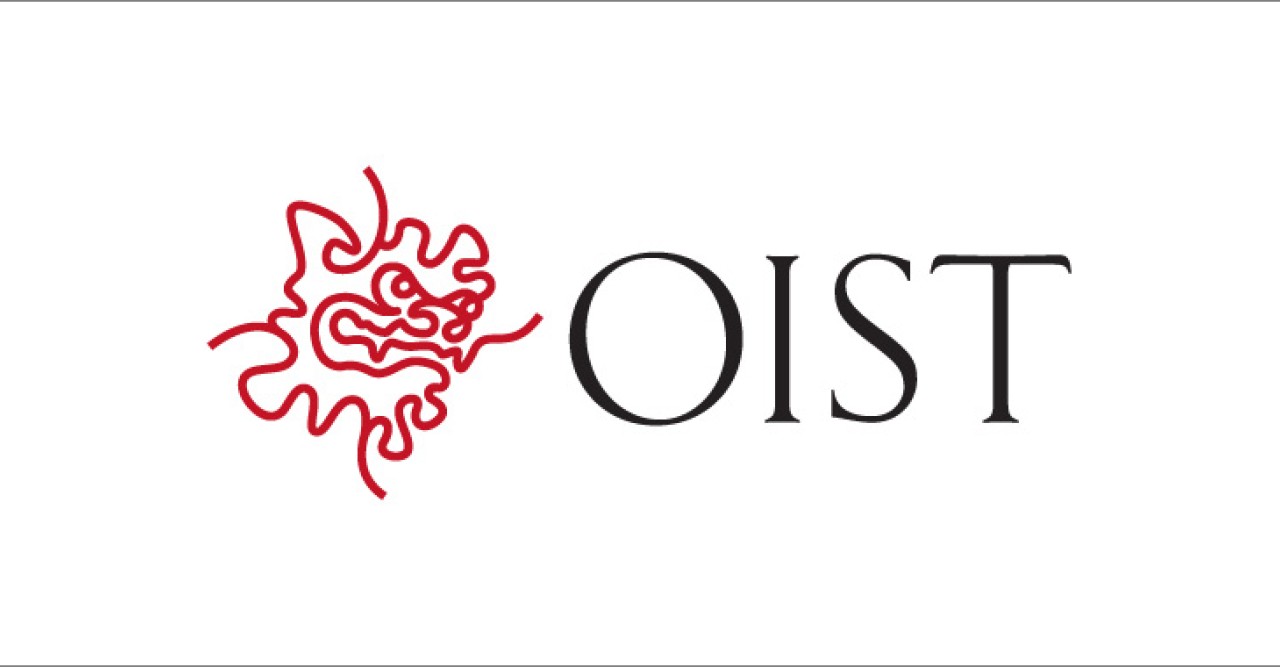OIST Diving Incident - the Way Forward

It is now nearly eight months since the tragic diving incident when an OIST professional diver disappeared. Since that date OIST has been engaged in a rigorous examination, coordinated by Dr. Mary Collins, OIST Dean of Research, that has involved many parties, both external and internal to the University. The goal of the examination was to understand the background to the incident and to understand how OIST must adapt its health and safety procedures to make sure that such an incident does not happen again.
Now all the different parts of the examination have been completed.
The following activities have taken place over the last eight months.
The Okinawa Labor Standards Office completed an inspection and in March 2017, they presented OIST with recommendations and instructions to implement improvements in health and safety procedures. OIST has reported its fulfillment of all the recommendations and instructions from the Okinawa Labor Standards Office, which has in turn accepted our improved measures.
In January 2017 OIST set up a fully independent External Review Panel made up of experts both on diving and health and safety. This panel delivered their report to the OIST President in May 2017.
OIST has been in contact with the Suzuki family since the incident to make sure that their wishes are paramount in any actions undertaken by the University.
The Nago Coastguards have been engaging in the examination of the incident. OIST shared the External Review Panel report with them.
The Human Resources Division at OIST has also completed its procedures on the relevant OIST employees in light of deficiencies found in connection with the incident.
Finally, the Suzuki family has completed the necessary steps to make the death of their son official. We plan to hold a ceremony to remember Shohei Suzuki next month.
Thus, we must now reflect on how OIST moves forward from this tragic incident, to vigorously establish a new and effective safety culture within the University.
Below is the summary of the report of the External Review Panel and our subsequent actions that was sent out by OIST President Peter Gruss to OIST staff in June. The full report of the External Review Panel can be viewed here.
Please note that report is based on the evaluation and review by the External Review Panel of the OIST Diving Incident on their own responsibilities based on their analysis and examination of materials collected by the Panel, and does not necessarily represent opinions and views of OIST.
Summary of Panel’s Report on the Diving Incident
June 5, 2017
I have now received the report of the External Review Panel on the diving incident of November 2016. OIST established this panel of experts in December 2016, to gain an independent assessment of all factors that could have contributed to the causes of the incident. I thank the Panel for their commitment and their diligence resulting in a thorough report. The report points out several systematic failures by OIST to establish and implement safety procedures.
The exact cause of the incident and the reasons why the missing diver failed to return to the surface are still unknown, however, there were many deficiencies in terms of dive planning, preparation of the dive and also organizational management, which cannot be overlooked nor should be tolerated.
It is essential that the university takes immediate, sweeping action to overhaul the OIST approach towards safety so that such an incident, which should never have happened in the first place, never occurs again at OIST.
From now on, safety must be woven into the fabric of every activity at OIST, whether in Research or in Education or in Administration. We cannot claim to be building a world leading Research University without also building a world leading safety culture that is respected and supported by all employees.
Safety is now the top priority at OIST and I ask all of you to accept that this will involve major changes in attitudes and procedures in day to day activities at OIST, so we can ensure as safe a workplace as is humanly possible.
I would like to present a summary of the findings and recommendations of the Panel’s report and then outline the steps that we are taking to address identified deficiencies, and respond to the recommendations.
Findings
According to the panel’s findings, there was no detailed diving plan, and no risk assessments were conducted prior to the high-risk diving operation.
The diving equipment was not suited for the task, and the staff involved in the incident did not meet the training criteria to use it. The missing diver had pending health examinations that should have been performed prior to any diving work. On the day of the diving operation, there was no emergency plan, no spare equipment, supervisor or back-up diver available on site, and basic diving safety rules such as the “buddy system” were ignored. There was pressure to complete the work as the missing diver was soon to leave OIST.
The report ascertained that many of these issues were linked to a breakdown of the OIST management system. The panel concluded that the importance of occupational health and safety has been underestimated for some time across the university, not just for underwater fieldwork. OIST has failed to proactively manage safety such as supervision of fieldwork plans and enforcing health checks. The panel pointed out that there were also no records of incidents or “near misses” reported by the Marine Science Support Section, a situation that appears improbable. The report revealed a misunderstanding among the staff members about who is supposed to conduct the safety evaluation of fieldwork operations.
One difference highlighted by the panel is that the Dean of Research at OIST oversees not only research budget, but also Occupational Health and Safety and Marine Science Support staff, while in other universities these responsibilities are typically split between different departments. Therefore, the current OIST system prevents cross checking between departments for observation of safety rules and codes of conducts.
The Marine Science Support Section itself suffered from staff shortages, illnesses and complaints of harassment, to which the panel judged OIST management did not respond appropriately. The failure to appoint a fully trained leader, to oversee the Marine Support Section created a substantial workload burden and occupational health and safety duties were neglected. The report also revealed that all units involved in diving activities did not fully understand diving safety. For the specific case of the incident, a diver whom the panel judged to lack appropriate attitude for technical diving, was in charge of dive planning and safety without supervision.
Recommendations
The panel made the following thoughtful recommendations on how the existing situation could be improved.
- A safety culture must be established in the research units, emphasizing that lead investigators are responsible for the safety of their researchers.
- Researchers themselves should be aware of the risks associated with their work and be trained accordingly.
- There should be an organizational “openness” between executive and staff to allow “whistleblowing”.
- OIST is encouraged to create a Project Management Team when initiating a large project, to develop a well thought through plan, including considerations of the necessary resources and staffing for a successful project.
OIST Response
We are taking immediate steps to fully address the panel’s concerns and recommendations.
We will study the best practices on the management of health and safety at a number of international leading universities, and construct a management structure that will lead to a robust system, designed to maintain the highest level of campus health and safety. Such a system will most likely involve a highly skilled/experienced health and safety manager who will work with the Deans and Executives.
The appointment of a Diving Safety Officer is in progress, with no further diving allowed until the position is filled. A new Fieldwork Safety Committee has been established to review fieldwork plans in detail, including bringing in appropriate external experts. We have planned a campus-wide safety audit.
Concerning establishing a fully integrated safety culture at OIST, the Dean of Research has reminded Faculty Members that they are responsible for the compliance of the employees in their Unit for safety training and compulsory health checks. Health and Safety is now a standing item of the weekly Executive Meeting.
OIST Executives have initiated a development of the OIST Emergency Response Plan. A position for an Emergency Response Coordinator is now advertised and two further occupational health and safety staff will be recruited in the near future. Health and Safety infringements will be reported at the Executive Meeting for improvements.
To improve the “openness” of the OIST organization, everyone will be reminded of the system in place at OIST to report inappropriate behaviors or activities that are in violation of the OIST policies and practices. Further, workshops/seminars and other training sessions will be developed to improve communication skills of all OIST members.
In consideration of the recommendation for a Project Management Team, the Dean of Research and the Assistant Dean for Administration have convened a team to develop an appropriate infrastructure to support marine science at OIST. Two new members of staff have already joined the Okinawa Marine Science Support Section and we are currently advertising for a Section Manager as well as a team member to undertake project management.
Finally, in memory of the incident, each November will be Safety Enhancement Month, an initiative lead by OIST Executives.
This tragic incident has revealed critical weaknesses in our growing university; rapid and effective response is imperative. The organizational changes that I have outlined are only the start of a long-term change in attitude towards safety at OIST.














